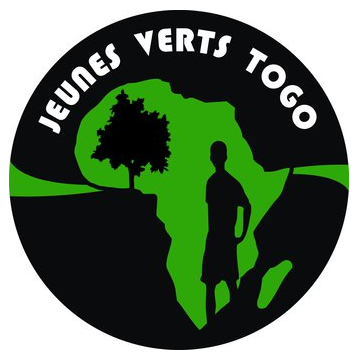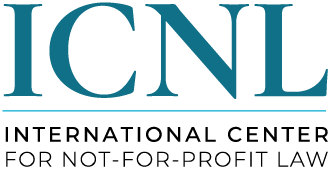In a bid to exert control over online content access, the Tanzania Communications Regulatory Authority (TCRA) has issued a directive that has the potential to undermine digital privacy for VPN users within Tanzania.
The directive encourages both individuals and organizations to disclose their VPN usage and associated information to the Authority by the end of this month.
This move runs counter to the primary purpose of VPNs, which is to ensure online anonymity and security by concealing users' actual IP addresses and encrypting their online activities.
Crackdown on Digital Privacy
While TCRA presents its directive as a means to limit access to restricted content, it effectively renders VPN use futile.
VPNs are globally recognized tools used to safeguard users' digital identities, ensuring a secure communication channel, especially in environments where information is subject to censorship or restrictions. However, this new regulation could compel users to divulge their genuine IP addresses and online activities to authorities.
Digital rights advocates associated with the Tanzania Digital Right Coalition (TDRC) have quickly highlighted the potential repercussions of such a directive. They argue that this regulation could severely infringe upon the privacy rights, access to information, and freedom of speech of Tanzanian citizens.
In an open letter dated October 14, 23 members of the TDRC expressed their apprehensions, stating that "TCRA's decision to limit the use of VPNs in Tanzania has profound implications for the digital rights and freedoms of Tanzanian citizens."
Ripple Effects on Human Rights
This directive undermines the core purpose of VPNs and poses a threat to several fundamental human rights. Many Tanzanians use VPNs to access popular social media platforms, enabling them to participate in global discussions and share their viewpoints.
The TDRC is concerned that this regulation could jeopardize Tanzanians' freedom of expression and access to information. They outlined various assessments of the TCRA directive in their open letter:
Freedom of Expression and Access to Information: VPNs serve as a gateway to unrestricted information and a platform for free expression, both of which are essential in a democratic society.
Respect for Privacy and Security: The directive could compromise the privacy and security provided by VPNs, exposing users to the risk of surveillance and data breaches.
Economic Considerations: It may deter international businesses and investors, thereby negatively impacting the country's digital economy.
Societal Implications: This regulation could foster a culture of self-censorship, hindering societal progress and discourse.
Security Concerns: The collection of vast amounts of private data could expose Tanzanians to cyber threats from government institutions and cybercriminals.
Global Connectivity: Restricting VPN usage may isolate Tanzanians from global conversations and the exchange of ideas.
A Call for Reevaluation
The TDRC has extended an invitation to the Tanzanian government and the TCRA to reconsider their decision, emphasizing the importance of a "free, open, and secure internet for all."
The coalition's open letter sheds light on the serious consequences that could arise if the directive is implemented, urging for a constructive dialogue to address the concerns surrounding VPN usage and digital rights in Tanzania.



